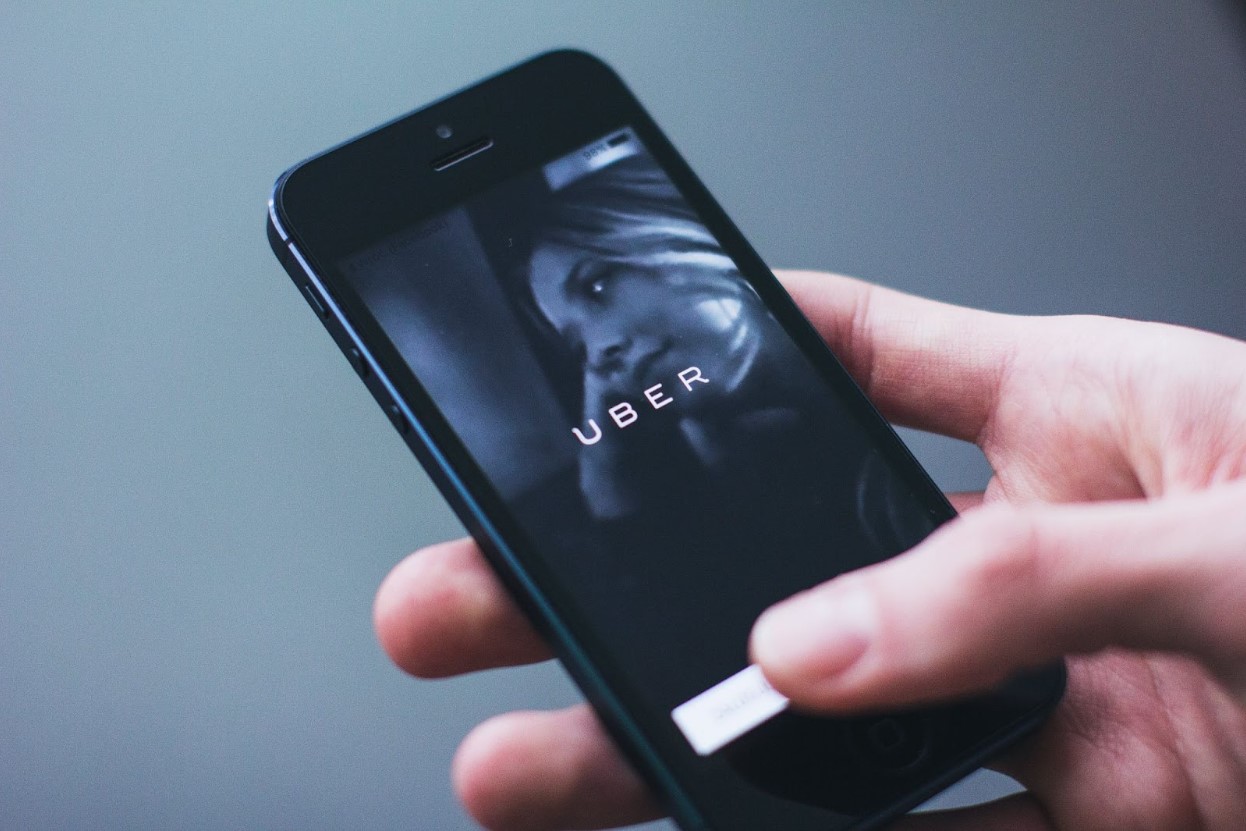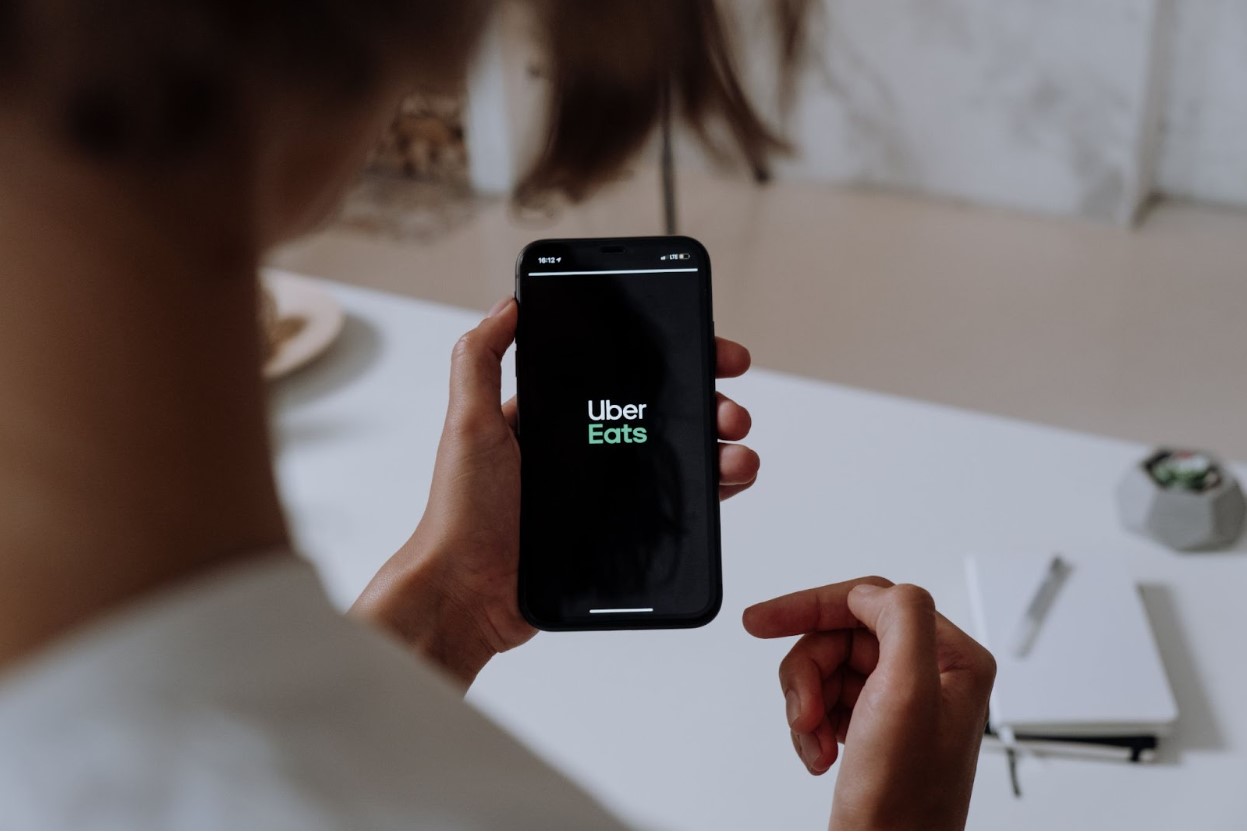In a monumental decision, Uber and Lyft have settled with New York’s attorney general, promising a combined $328 million to drivers for past underpayments.
This settlement not only compensates drivers but also sets new standards for their working conditions, ushering in a new era in the gig economy — a term used to describe the labor market made up of short-term contracts or freelance work as opposed to permanent or full-time jobs.
Attorney General’s Victory for Workers

Attorney General Letitia James championed what ended up being the largest wage theft settlement in history, spotlighting the gig economy’s need for more oversight.
James’s successful investigation into the ride-sharing giants underscores a significant shift towards protecting gig workers’ rights.
Drivers Secure New Benefits

Uber and Lyft drivers are to receive guaranteed hourly rates and paid sick leave, a win for fair labor practices.
These overdue benefits show that drivers are increasingly recognized for their vital role within the modern urban landscape.
Taxing Issues Addressed

The investigation also corrected tax and fee deductions, holding Uber and Lyft accountable for what should have been passenger-driven costs.
Underlining the importance of financial transparency between gig companies and their independent contractors, James’s efforts have made it clear that the days of exploitation will not be tolerated.
The Contractor Versus Employee Debate

At the heart of the matter lies a crucial dispute: Should drivers be classified as independent contractors or employees? While this settlement may not mark the end of the debate, it certainly reignites the conversation, fueling further deliberation and examination.
This ongoing discussion will help to shape the future of labor laws and worker rights in the gig economy.
A Financial Boost for Over 100,000 Drivers

The settlement promises financial relief for a significant number of drivers, potentially changing lives across the state.
This massive payout signals a stronger commitment to addressing the financial disparities and focus on fair pay in gig work.
Paving the Way for Nationwide Change

New York’s landmark decision could influence other states, setting a precedent for future gig economy litigation and legislation.
The effects of this settlement could ripple across the country, inspiring similar outcomes in other states and jurisdictions.
Stocks Rally Post-Settlement

Surprisingly, stock prices for both Uber and Lyft climbed post-settlement, signaling investor optimism with the decision.
The market’s positive reaction suggests confidence in the companies’ ability to adapt and thrive despite the costly settlement. It may also signal investor expectations for the gig economy to continue its rapid growth and profitability even more.
Companies’ Forward-Thinking Statements

Uber and Lyft’s leadership position this agreement as a blueprint for future operations, affirming their stance on independent work.
While it could be viewed as a step backward for the companies themselves, the companies’ forward-thinking statements of being a win for drivers indicate a readiness to embrace changes in the labor landscape and prioritize their drivers’ well-being.
Drivers Weigh in on Flexibility Versus Security

Many drivers value the flexibility of their gig/freelance status, a perspective that both Uber and Lyft continue to emphasize.
The companies’ models highlight valuing driver independence, matching what a good number of their employees prefer.
The Cost of Change

The settlement represents a fraction of the companies’ annual revenue — less than 1% of both Uber and Lyft’s annual revenue, to be exact — yet it’s a significant investment in the future of fair labor practices.
The financial impact on Uber and Lyft is small compared to the potential long-term benefits for workers and the companies’ reputations.
A New Chapter for Gig Workers

This settlement represents more than just a financial triumph; it serves as a jumping-off point for more oversight and discussion on the rights of gig workers.
The agreement reached in New York may inspire similar actions elsewhere, ensuring gig workers everywhere can enjoy the benefits and protections they deserve.
